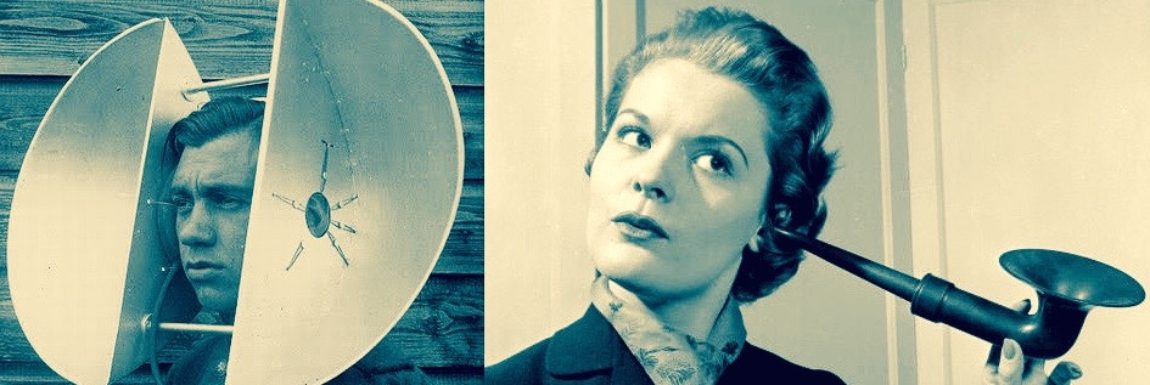
Hearing loss is actually a pretty vague diagnosis. It’s an umbrella label that covers a multitude of underlying conditions which cause hearing to fade. But what if there was a simple blood test that could reveal precisely which part of the cochlea is malfunctioning?

That’s the vision of Dr. Alain Dabdoub, Senior Scientist at the Koerner Hearing Regeneration Laboratory at Sunnybrook Research Institute in Toronto.
Now his vision is becoming reality.
“The idea is to provide a precise diagnosis quickly and efficiently. Currently we rely on physical examinations and hearing tests. They do reveal that someone is suffering from sensorineural hearing loss but they can’t identify what part or parts of the cochlea are damaged. Is it the inner hair cells? Is it the outer hair cells? Is it the synapses? Or some other part or combination?”
This information would play a vital role in determining the right drug treatments or therapies that hopefully will emerge in the next few years.
“The idea is that when you go to see your audiologist or family doctor, while you’re in the waiting room a nurse would give you a little finger prick. Ten minutes later you would have the results so that a potential treatment could almost immediately be prescribed.”
Dr. Dabdoub’s test detects proteins that are expressed by the cochlea and circulate throughout our bloodstreams. These proteins are biomarkers that emanate from specific areas of the cochlea and their presence can pinpoint the location of a problem.
‘It’s very much like pregnancy tests which also test for proteins in the blood.”
A major challenge will be identifying all the biomarkers associated with hearing. So far Dr. Dabdoub and his team have built a biosensor that can detect two of those biomarkers. One is otolin-1 which is linked to balance disorders and the other is prestin which is associated with hearing disorders.
No one is sure just how many biomarkers remain undiscovered but Dr. Dabdoub and researchers around the world are working to identify them.
The other key focus is the engineering challenge of making a biosensor with increased sensitivity that will eventually detect all of the biomarkers. “It must also be simple to use and portable.”
To reach that goal a lot of work lies ahead before this revolutionary test makes its way to your audiologist or family doctor. Dr. Dabdoub believes that with adequate funding that day is some five to ten years away.


hi, this is good news, what about tinnitus.
5-10 years down the road? That’s the response you hear too often from the public sector. Sorry, but absent competition, research tends to go on indefinitely.as the goal tends to be advance knowledge over advance solutions.
Nice development, but let’s find a way to get a practical test in 2-3 years. Private companies were able to develop blood based tests for COVID in months. Let’s see it here too. Lack of the ability to specifically diagnose the source(s) of hearing loss in vivo is a real hindrance to the work to develop therapies